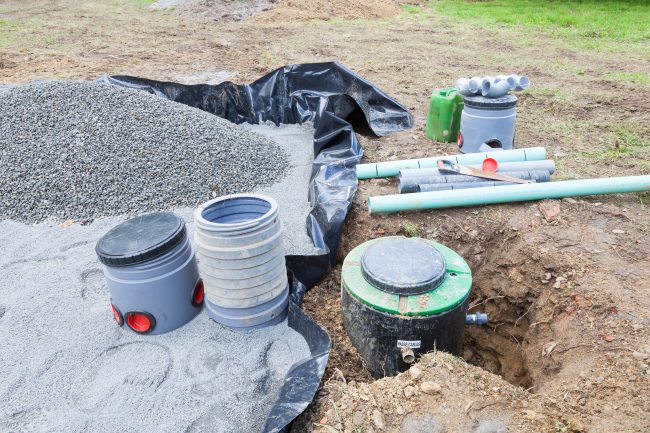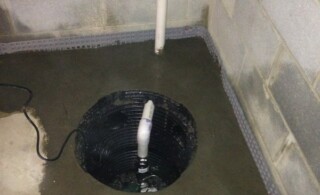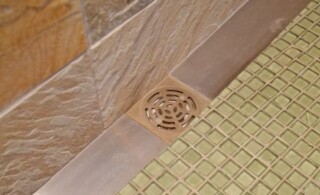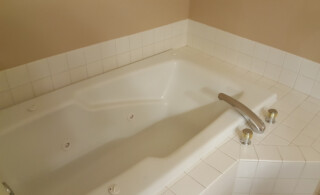
A sounding septic tank alarms isn’t a sure sign of sewage entering your home. But, it could be the sign of a real problem. Here’s how to identify the cause of your alarm and find an appropriate solution.
What causes an alarm?
Several problems can trigger an alarm — not all of which are threatening. The four most common causes include:
- High water events. High water events like excessive rainfall or snowmelt can overwhelm your septic system and limit it’s processing ability.
- Excess water. If your septic system has a timer — a device that flushes wastewater according to a preset cycle — it may be reacting to too much water in your system and it needs more time to catch up.
- Septic tank leaks allow groundwater into your tank, making it difficult to process the additional volume of water.
- Items like paper towels, hand wipes and cotton swabs are difficult for the tank to process and can clog your septic tank.
What to do when you hear an alarm.
Turn off any running water, including laundry, showers, sinks and toilets. Then, wait several hours. If your alarm hasn’t stopped, call a septic maintenance pro. A septic technician will help you identify your problem and offer advice to help you avoid the same problem in the future. Also, in the event of an in-home backup, a septic technician will clean up any dangerous or harmful material.
How to prevent septic problems.
Keep these materials out of your septic system to reduce the risk of future clogs:
- Baby wipes
- Dental floss
- Diapers
- Cotton swaps
- Matches
- Coffee grounds
- Cat litter
- Paper towels
Specially designed treatments can help keep your septic system clean and blockage- free. Septic treatments introduce waste-consuming bacteria into your septic system, lowering your in-tank levels and removing blockage-causing matter. Have your septic tank pumped regularly to reduce your risk for clogs or backup.
If your septic alarms ring constantly, or if you notice standing sewage in your yard, call a septic pro immediately. Visible sewage and frequent septic backup is a sign of a cracked tank, severe blockage or line damage.
 Sump Pump Odors – How to Detect & Eliminate Issues
Sump Pump Odors – How to Detect & Eliminate Issues  Clogged Drains
Clogged Drains  How to Find & Repair a Bathtub Leak
How to Find & Repair a Bathtub Leak  How to Hire a Qualified, Reasonable & Reliable Plumber
How to Hire a Qualified, Reasonable & Reliable Plumber  Save Money on Your Next Plumbing Call
Save Money on Your Next Plumbing Call 

Are You Familiar With This Topic? Share Your Experience.